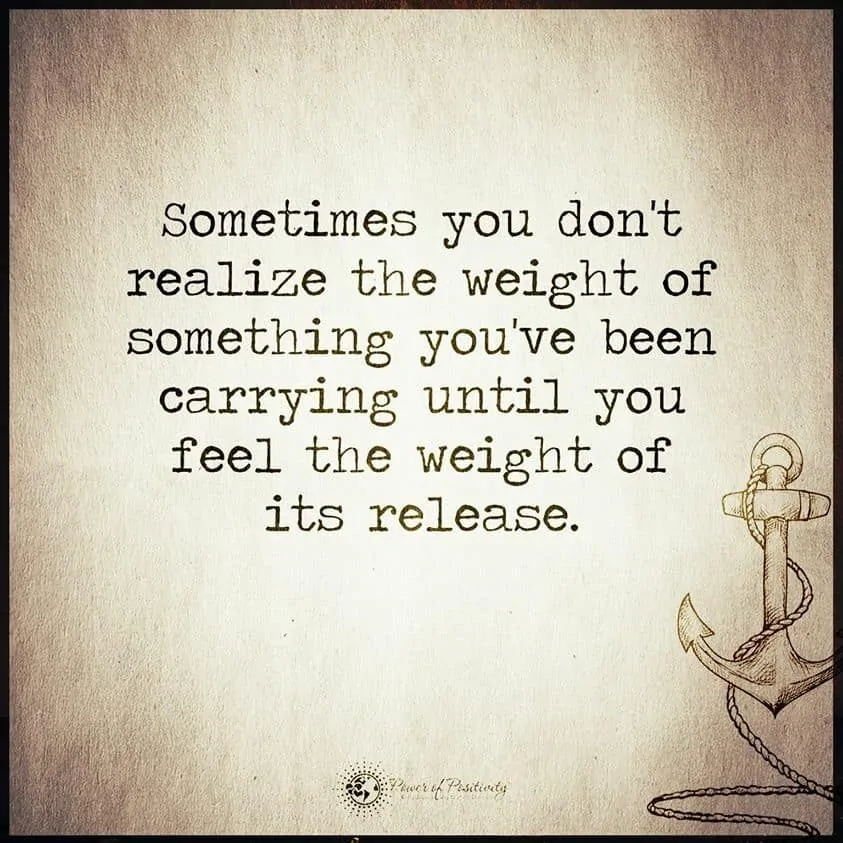Do you know how to be empathetic? Have you ever talked to a friend when the conversation suddenly takes a downward turn and becomes a challenge? Perhaps, your friend has lost their job, had a relative diagnosed with cancer, or their significant other broke up with them.
To make matters worse, they’re a single parent trying to raise a toddler. It’s hard to find the right words to say when it seems like chaos is erupting on the other end of the line. You’re sorry that your friend is going through so much, but you don’t know what you could say to make things better for them.
Trying to be a good human being, you might offer a thoughtful, “I’m here for you, and things will get better.” While you may sympathize with your friend because you do feel sorry for him or her, sometimes people use vain words just to fill the silence.
However, empathizing with them means that you understand what they’re going through and can relate to them. How do you learn to get beyond sympathy and move into an empathetic realm? If you’re struggling with mastering the concept, then here are ten ways to be empathetic.
1. Listen More Than You Talk
When your friend is going through a difficult time, they want you to listen to them. Let them say what’s on their mind and troubling them at that moment. Please give them the platform to speak and show your support by listening and giving them your undivided attention.
In most cases, the best way you can be empathetic is by just giving someone your ear and pouring their heart out to you. At times, it’s difficult to hear all your friend’s troubles, especially when you have your own issues. However, it’s what a good friend does for another.
2. Don’t Try to Fix the Problem
Unless you’re a licensed counselor or psychologist, let them tell you what’s wrong in their life without trying to diagnose or psychoanalyze them. You can show your support by listening.
The chances are that you don’t have the answers to their dilemma either, but you can be empathetic and build trust with them by not trying to play the person who can fix everything.
Your friend doesn’t need you to fix his other life as she will figure things out. She just wants you to take time out of your busy schedule and listen to their hurts.
 3. Never Compare Your Story to Theirs
3. Never Compare Your Story to Theirs
Why is it when someone goes through a rough part in life that the human in you tries to compare it with things you’ve been through? While an empathetic person will try to see things from their perspective, you should avoid using sentences that start with something like:
- I know just how you feel
- I’ve been through something similar
- I felt the same way when
All these introductions start with the word “I.” The problem is that this situation with your friend isn’t about you; it’s about them. You might have lost a job previously and know the pain that it causes, but you don’t know their specific feelings.
Every person handles things differently and has a varied circumstance, so it’s impossible that you know exactly how they feel. Situations may be similar, but there is no way that they are the same. If you compare your situation with theirs, it negates their unique feelings and experience, which is not empathetic.
4. Validate Their Feelings
Validation is an essential part of being empathetic. The first thing you should do is to be active in listening, and the second thing is to validate how they feel. Don’t try to correct their thoughts or feelings.
Instead, it would help if you listened to how they feel and register that as a matter of importance. If they tell you that they don’t want to live anymore, be sympathetic to those emotions. Don’t patronize them and say things like, “No, there’s no way you want to give up on life.”
Additionally, since suicidal thoughts are commonplace when someone has a rush of bad luck, then you need to be friendly enough to ask them if they need help and then follow through.
5. Be Vulnerable
To build trust with your friend, you need to show your vulnerability. It would help if you were open and honest with them above all else. If the situation looks bleak, don’t paint the picture as something that’s an insignificant bump in the road.
The real art of being vulnerable means that you share a bit of yourself with your friend. It can be something that is very private, and it’s a thing that you don’t tell many people. While you shouldn’t compare the situations, you can talk about your insecurities and worries.
Nobody wants a friend who acts like their world is all sunshine and roses when facing some of the biggest challenges of their life. They want to see and hear your worries and insecurities too.
Only share something about your life if it can help the current situation. Remember, this isn’t about you right now. It’s about your friend.
6. Put Yourself in Their Shoes
While you must be careful and don’t deflect from the focus on your friend, you need to learn to put yourself in their shoes. How would you feel at this moment? What would you do to resolve the matter?
This tip is not something you vocalize but rather something you internalize. Before you answer any questions or give advice, put yourself in their shoes for a minute. It’s easy to tell someone else what to do when you sit there with a job, spouse, and no relatives in medical distress.
Now, when you put yourself in their shoes for a minute and consider their thoughts, it will change your whole perspective. Being empathetic allows you to feel their fears and anxieties for a moment.
7. Be Present
How many times have you tried to have a conversation with someone, and they can’t put their phone down for five minutes to talk to you? Don’t deflect from the conversation, and make sure that you give your friend your undivided attention.
There’s nothing worse than trying to talk to someone, and they are answering their kids, have a bunch of noise going on in the background, or are a million miles away. An in-person conversation can be just as frustrating when you don’t make eye contact and are too busy texting or answering phone calls to digest how your friend truly feels.
8. Strive for Compassion
Compassion helps you to put things into perspective and take things on as a team. When you’re compassionate about others, you are suffering together. Understanding is what allows you to hug them and tell them that you will be there for them during these difficult times.
To be empathetic, you must learn how to channel your compassionate side so that your friend doesn’t feel all alone in the battle.
9. Don’t Make Assumptions.
It would help if you never made assumptions. Instead, you should focus your mind on the truth of the matter, not on what you believe to be the truth. It’s essential that you see your friend’s situation for the way it is, and make sure that you don’t read things into it and see it the way you want to see it.
You may not believe the assumptions your mind creates, but the energy of your thoughts that you invested in your friend will return to you. Be active in listening and not jumping to conclusions.
10. Learn to Withhold Judgement
Why are human beings so judgmental? You should show your support to your friend and be empathetic and not be critical. No one on this planet is perfect, including you. Everyone makes mistakes and has deficiencies in life.
Always be willing to give people the benefit of the doubt, even when you have every right not to. Remember, karma will come back on you someday, and if you have lived your life in the judgment of others, then it will come back to bite you.
Remember when you’re pointing your finger at your friend and telling her all the things your friend needs to do; you have more fingers pointing back at yourself.
 Final Thoughts on Learning to Be Empathetic
Final Thoughts on Learning to Be Empathetic
Mastering empathetic listening is not an easy skill to conquer, particularly today, when many things are competing for your attention. What your friend needs now more than anything is for you to be there and listen to her.
Your friend doesn’t want your judgment. And they don’t want you to tell them all the things they could and should be doing. Be a sounding board and compassionate listener. Part of empathy means that you are quiet and allow the other person to speak. Give him or her your undivided attention, and don’t compare your journey with thiers.
Though it seems like a lot for you to do during a conversation, you can master empathy with some work. Someone who can show sympathy and empathy has good character and will be a person that everyone will want as their friend.




















